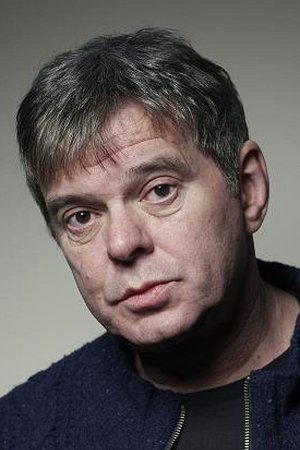Jean-Jacques Burnel (b. 1952)
Alias:
J.J. Burnel
JJ Burnel
The Stranglers
Birthplace:
Notting Hill, London, England, UK
Born:
February 21, 1952
Jean-Jacques Burnel (born 21 February 1952) is an English musician, producer and songwriter, best known as the bass guitarist and co-lead vocalist with the English rock band The Stranglers. He is the last founding member to remain in the band. Jean-Jacques Burnel was born in Notting Hill, London, to French parents. His family owned a restaurant where his father worked as a chef. As a child, as the son of French immigrants, he was often the victim of mockery from his schoolmates, which later led him to call himself John to disguise his French origins. This early encounter with xenophobia would also have an impact on his explosive temper in life and on stage as well as on the way he plays. He moved with his parents to Godalming, Surrey, when he was 12 years old and attended the Royal Grammar School, Guildford, subsequently reading history at the University of Bradford and Huddersfield Polytechnic. Burnel originally trained as a classical guitarist, but adopted the bass guitar as his instrument within The Stranglers. He has provided lead vocals on nearly a third of the band's songs, though Burnel later explained he often sang lyrics written by Hugh Cornwell (or vice versa) depending on "who had the best voice for that particular song." Burnel has been a member of the Stranglers since the group's inception in 1974, but has also made two solo albums: Euroman Cometh in 1979, and Un Jour Parfait in 1988, as well as a collaborative album with fellow Stranglers member Dave Greenfield, Fire and Water (Ecoutez Vos Murs) in 1983. Burnel has also produced and appeared as a guest musician for a number of artists, such as Lizard and ARB from Japan, Polyphonic Size (from Belgium) and Taxi Girl's album Seppuku in 1981, as well as Laurent Sinclair's "Devant le Miroir" maxi single. Burnel also formed a rhythm and blues covers band, the Purple Helmets, who played a number of concerts and released two albums in the late 1980s. As a holder of French citizenship, Burnel received his call-up papers for national service in France. He succeeded in avoiding it with a novel defence, arguing that his absence would indirectly damage the Stranglers as a band, and therefore the careers of the other members. This was in accordance with Burnel's claim that only the "bourgeois" would ever agree to serve their country's military. Burnel composed and performed music for the anime Gankutsuou: The Count of Monte Cristo, including both the opening and ending themes, "We Were Lovers", and "You Won't See Me Coming" respectively. Burnel is fluent in French and writes many of his songs in the language. Burnel is noted for his distinctive bass guitar sound and melodic bass lines. These are particularly prominent on earlier Stranglers recordings produced by Martin Rushent, such as the hit singles "No More Heroes" and "Peaches". In the early days, Burnel's distinctive aggressive sound was created using a Fender Precision Bass with RotoSound roundwound strings played with a plectrum very close to the bridge, through Hiwatt all-valve amplification. However, the defining factor was the use of a Marshall 4x12 speaker cabinet in which the speaker cones were ripped, creating a distorted sound. ... Source: Article "Jean-Jacques Burnel" from Wikipedia in English, licensed under CC-BY-SA 3.0.





